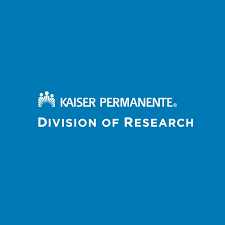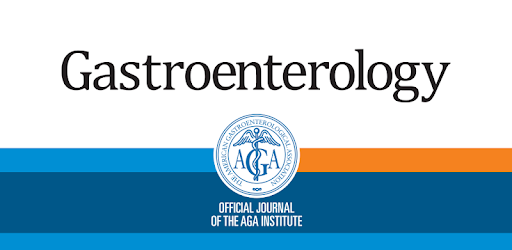 GI Endoscopy
GI Endoscopy
Children’s Health Dallas takes top national spot in pediatric ortho surgery as US News names 2025–26 ‘Best Children’s Hospitals’

Editor's Note Children’s Health in Dallas leads the nation in pediatric orthopedic surgery, after the US News & World Report 2025–2026 Best Children’s Hospitals rankings showcased familiar national leaders across a range of pediatric specialties, D Magazine and Fierce Healthcare October 7 report. The latest results highlight continued excellence in…
Colonoscopy follow-up safe after 75: Study finds age alone shouldn’t guide decisions

Editor's Note Routine colonoscopy surveillance after polyp removal is safe for adults over 75 and should not be ruled out based on age alone, according to a new study from Kaiser Permanente published on May 27 in Clinical Gastroenterology and Hepatology. The research, conducted as part of the National Cancer…
Study: Procedural sedation causes heat loss on par with general anesthesia in endoscopy patients

Editor's Note Research shows patients undergoing procedural sedation for endoscopic procedures experience significant and often undetected heat loss comparable to that seen during general anesthesia despite widespread assumptions that sedation preserves thermoregulation. Findings were published May 27 in The Journal of PeriAnesthesia Nursing. Conducted at a tertiary hospital in…
Five strategic paths help GI practice owners navigate rising costs, consolidation

Editor's Note Independent gastroenterology (GI) practices face mounting pressures from inflation, labor shortages, and regulatory burden, but five distinct strategies offer owners a path forward, Gastroenterology & Endoscopy News May 23 reports. As detailed in the article, GI practices—especially smaller ones, which make up the majority of the approximately 2,100…
Borescope inspections reveal widespread contamination in lumened surgical instruments

Editor's Note Conventional cleaning protocols fail to remove visible soil and debris from lumened surgical instruments, raising urgent concerns about patient safety and sterilization efficacy. That’s the central finding of a study published February 11 in The American Journal of Infection Control, which used borescopes to inspect the lumens of…
Literature review: Endoscope disinfection failures highlight need for stronger sterilization practices

Editor's Note High-level disinfection (HLD) fails to reliably eliminate harmful microbes from flexible endoscopes in real-world healthcare settings, according to a review of endoscope processing effectiveness published April 8 in the American Journal of Infection Control. The review highlights routine breaches in cleaning protocols and links contaminated endoscopes to numerous…
New colonoscopy guidelines increase bowel prep quality expectations

Editor's Note New consensus recommendations from the US Multi-Society Task Force on Colorectal Cancer (MSTFCRC) set a 90% adequacy benchmark for bowel preparation in colonoscopy, reinforcing the role of preparation in ensuring accurate screenings and reducing the risk of missed lesions. As detailed in a March 4 joint press release…
AMSURG launches nationwide campaign to spotlight rising colon cancer rates, urges early screening
Editor's Note Coinciding with Colon Cancer Awareness Month, AMSURG—a leading provider of ambulatory surgery center (ASC) services and GI care—has launched an educational push to boost colonoscopies and reduce soaring colon cancer rates, particularly among younger adults, a March 3 press release reports. The campaign highlights the lifesaving impact of…
Researchers recommend extending colonoscopy screening interval for low-risk patients

Editor's Note Individuals with negative colonoscopy screening (NCS) results face significantly lower long-term risk of colorectal cancer (CRC) incidence and mortality, suggesting the recommended 10-year rescreening interval could be safely extended for low-risk populations, according to a study published in JAMA Oncology. Healio reported on the results January 15. As…
Study: Stool tests show promise in reducing colonoscopies for post-polypectomy colorectal cancer surveillance

Editor's Note Stool-based testing strategies could significantly reduce the number of colonoscopies required for post-polypectomy colorectal cancer (CRC) surveillance while maintaining equivalent long-term outcomes in cancer incidence and mortality, according to research published August 30 in Gastroenterology. Conducted in the Netherlands, the cross-sectional observational study compared three stool tests—multitarget stool…

 Free Daily News
Free Daily News